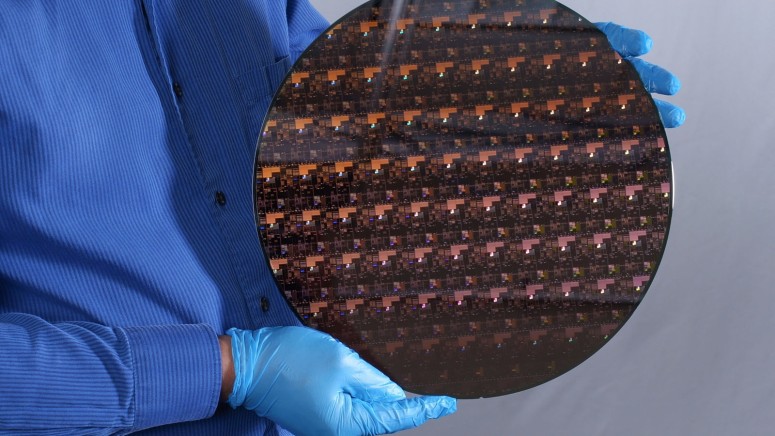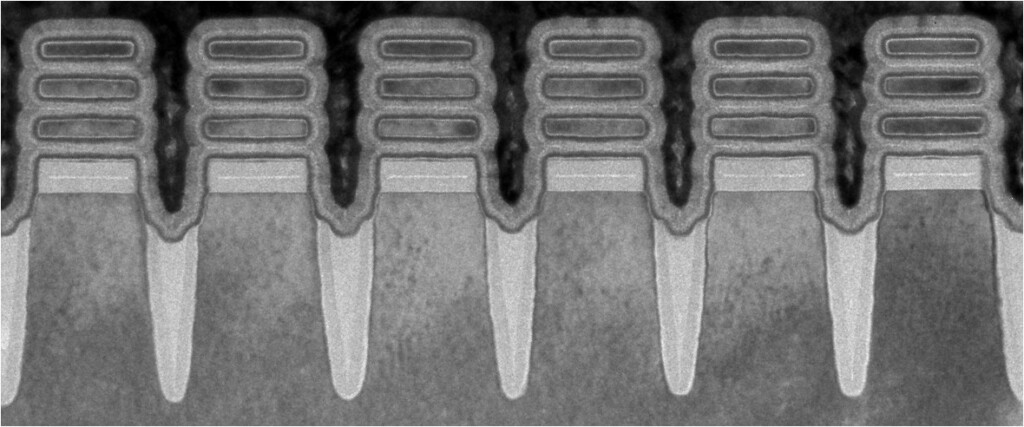
IBM Announced the World’s First 2nm Chip Promising a Huge Leap Forward
- IBM is turning the page of the chip manufacturing book, introducing the first 2nm chip.
- Compared to 7nm chips, the new processors will have 45% better performance and consume 75% less energy.
- We expect Intel to reap direct benefits from this breakthrough as they have a close collaboration with IBM.
IBM has become the first company to unveil a chip made on a 2-nanometer nanosheet technology, beating TSMC, which is still aiming to reach that point in 2023. This is a breakthrough in semiconductor design, and while IBM is not the most vocal player in the field of research and development, industry experts were hardly caught by surprise. IBM announced its milestone 5nm design four years ago, so they were on the lead all this time.
The benefits of the 2nm chips according to IBM can be summed up in the following:
- Quadrupling cell phone battery life, taking recharge times to up to four days.
- Slashing the carbon footprint of data centers which currently accounts for 1% of the global energy use.
- Drastically speeding up a laptop’s functions by giving them stronger chips on the go.
- Contributing to faster object detection and reaction times in autonomous vehicles.
Reducing the size of transistors allows engineers to cram more of them in chips, so technically, we can achieve greater performance figures combined with better energy efficiency. IBM says that with 2nm, one can fit up to 50 billion transistors on a chip the size of a fingernail.
For comparison, Apple’s A14 Bionic, which is a 5 nm chip, has 11.8 billion transistors. The more powerful but also 5-nanometer M1 chip has 16 billion transistors.
Compared to 7nm chips, which is where the current-gen AMDs stand, IBM promises a performance improvement of 45%. As for power consumption, IBM expects a reduction of 75% against that of 7nm chips. Of course, fabrication technology isn’t the only thing that plays a role in performance, so this is an isolated figure taking an objective approach. No doubt, having 2nm as a basis unlocks a world of potential for innovation and unprecedented efficiency, so this is really ground-breaking.
Intel must be ecstatic with this news, but of course, the American chipmaker had the heads up when they announced an R&D collaboration with IBM back in March 2021. It was weird that Intel, which has been struggling to hit stable 10nm all these years, launched an IFS (Intel Foundry Services) program to receive production orders from third parties, but we can now see the logic behind the move.







